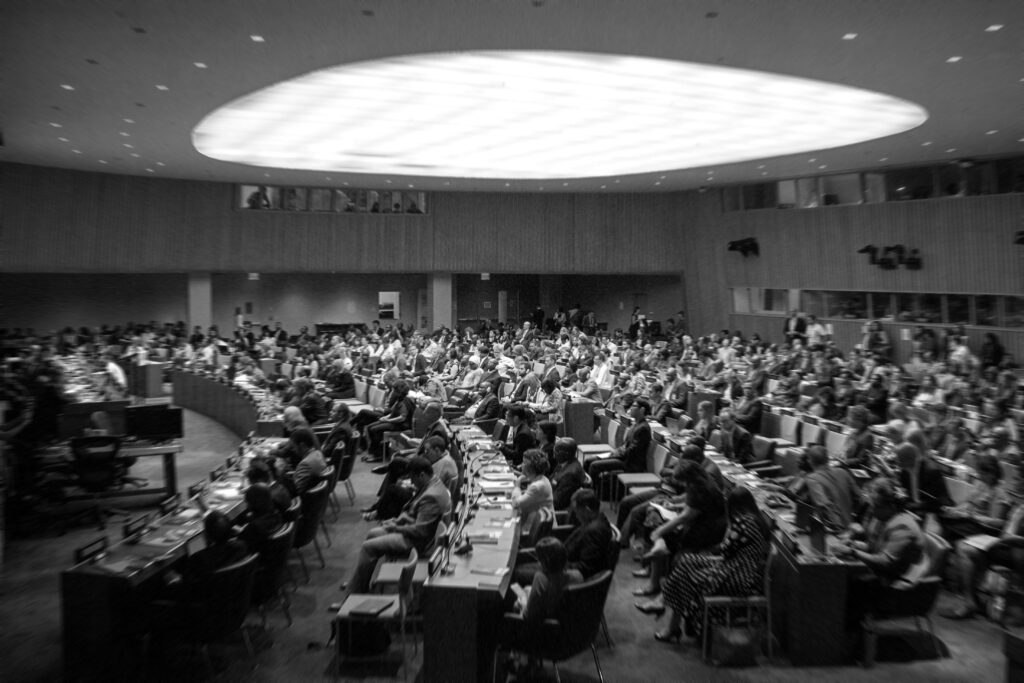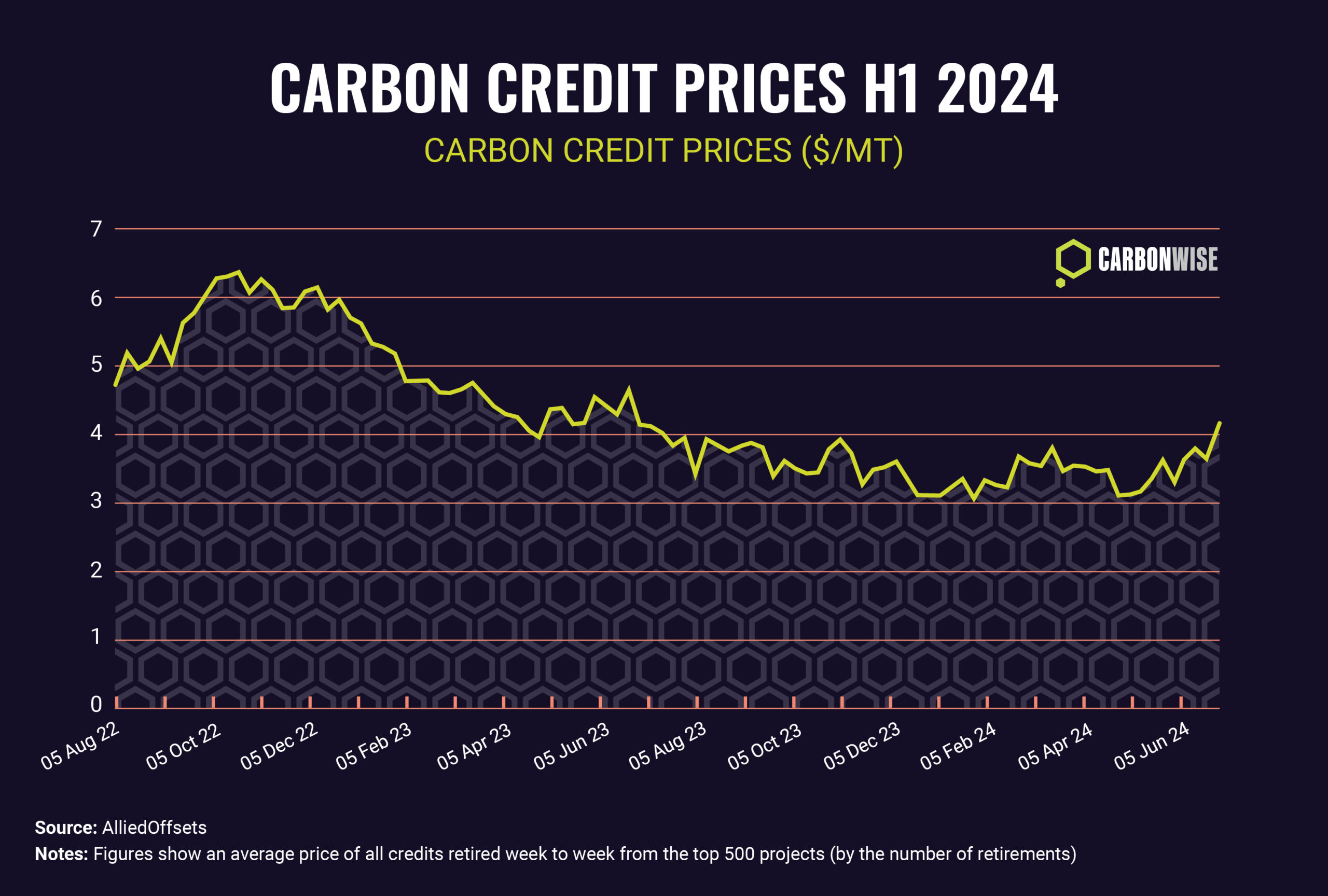There is no escaping the urgency of action against climate change.
It has long been a pressing issue, addressed at global summits and discussed by policymakers, media and governments. The implications of inaction are grave and long-lasting; therefore, a response is imperative. The measures taken have varied globally, but all responses work towards a common goal: to combat the climate crisis.
Climate Change Recognition
At the turn of the 20th century, climate change was commonly perceived as an “esoteric study into a theoretical scientific phenomenon”, so the challenge was always to attract the full attention it required.
Although the first international summit took place in 1972, which produced the United Nations Environmental Programme (UNEP), climate change remained in the background – only featured in the footnotes.
As concerns grew and scientists warned about the effects of greenhouse gases, the topic became more widely discussed. Several climate-focused conferences took place in the years that followed, but it was most significantly addressed at the 1992 Rio Earth Summit, which paved the way for leaders from around the world to discuss climate change and take action.
At the Rio summit, the United Nations Framework Convention on Climate Change (UNFCCC) was created. The main aim of the treaty was to address human-induced climate change and prevent further damaging actions. This treaty has been signed by 197 countries.

Common Targets
At the UNFCCC’s third conference in 1997, countries created the Kyoto Protocol to strengthen international commitments by creating fixed greenhouse gas reduction targets for industrialised countries.
The Kyoto Protocol required international cooperation, but with some countries failing to abide by their targets, negotiations for a stronger, more inclusive agreement continued for many years.
In 2015 the Paris Agreement was adopted. This landmark treaty set out to limit global warming to “well below” 2 degrees Celsius – with a target of limiting temperature increases to 1.5 degrees Celsius.
The Paris Agreement requires all signatory nations to set their own self-binding emissions-cutting targets, known as Nationally Determined Contributions.
Reducing Output
Many countries have implemented additional national legislation to support climate change. The European Union has enforced a cap-and-trade system (referred to as the EU Emissions Trading System) for carbon emissions – setting a gradually declining limit on the volume of carbon emissions that covered industries can produce.
The system sets a steadily rising price on carbon emissions, which encourages companies to invest in low-carbon technologies to reduce their carbon output. Companies that cut their emissions can sell their unused allowances.
Net Zero
Another significant development in the global response to climate change has been the introduction of net zero targets. “Net zero” refers to achieving a balance between greenhouse gases emitted and GHGs removed from the atmosphere.
So far, of the top ten GHG emitters, only Japan, Canada, and the EU have set legally binding net zero targets, but others have set targets to achieve net zero by varying dates. To meet these given targets, significant investment will be needed in carbon capture technologies, renewable energy sources and other low-carbon solutions.
Funding Technologies
With new renewable and carbon capture technologies developing daily, there is a multitude of alternative solutions that are either in action or being researched.
One significant barrier, however, is the reliance on fossil fuels that still exists in many countries. To reduce this dependency, alternative renewable energy sources must be available and affordable.
The initial obstacles are the infrastructure costs, the intermittent nature of renewable energy and the need to improve storage capabilities. Solar, wind, hydro, biomass and geothermal generation is growing, and with greater funding commitments, there is hope these will provide a long-term option.
With the environmental crisis being a long-term issue, research into supporting and sustaining our environment is essential. Projects such as developing drought-resistant crops to improve suffering ecosystems are crucial to helping communities through immediate issues.
Expert Advice
Alongside international treaties, many international organisations work to understand and address climate change. The Intergovernmental Panel on Climate Change (IPCC) provides climate assessment, outlining the risks and implications, as well as offering adaptation options to policymakers. IPCC reports have informed and shaped national negotiations, ensuring the most relevant global responses are applied.
Small Steps
There are still hurdles to overcome in our response to climate change. Each new step, like the Paris Agreement, is a step in encouraging dedication to meeting set targets.
The solution is a complex and multifaceted approach that fights against resistance and uncertainty. However, there are many positives to be drawn from what already exists, and as a sustained commitment spreads globally, the hope for real progress is present.





